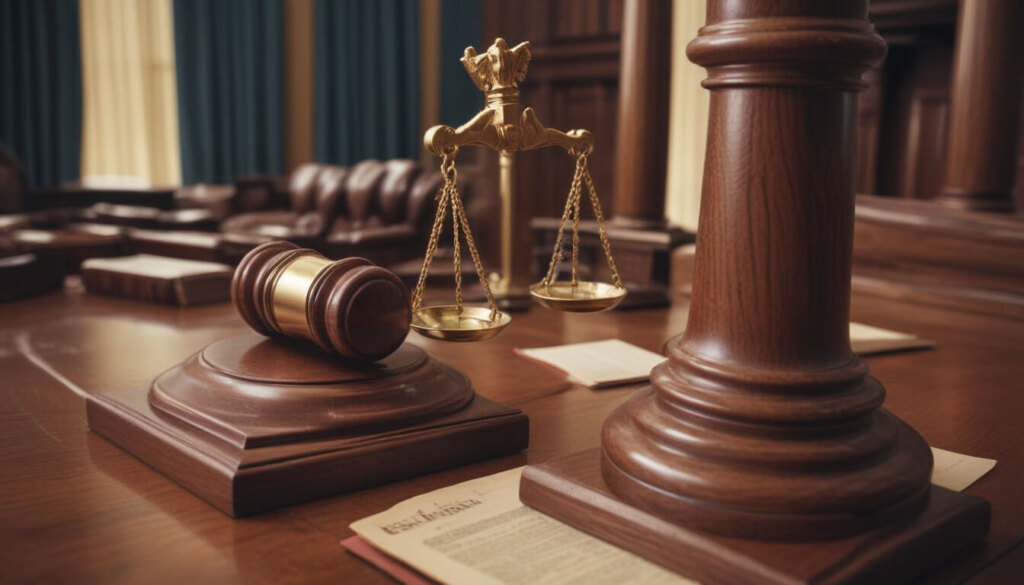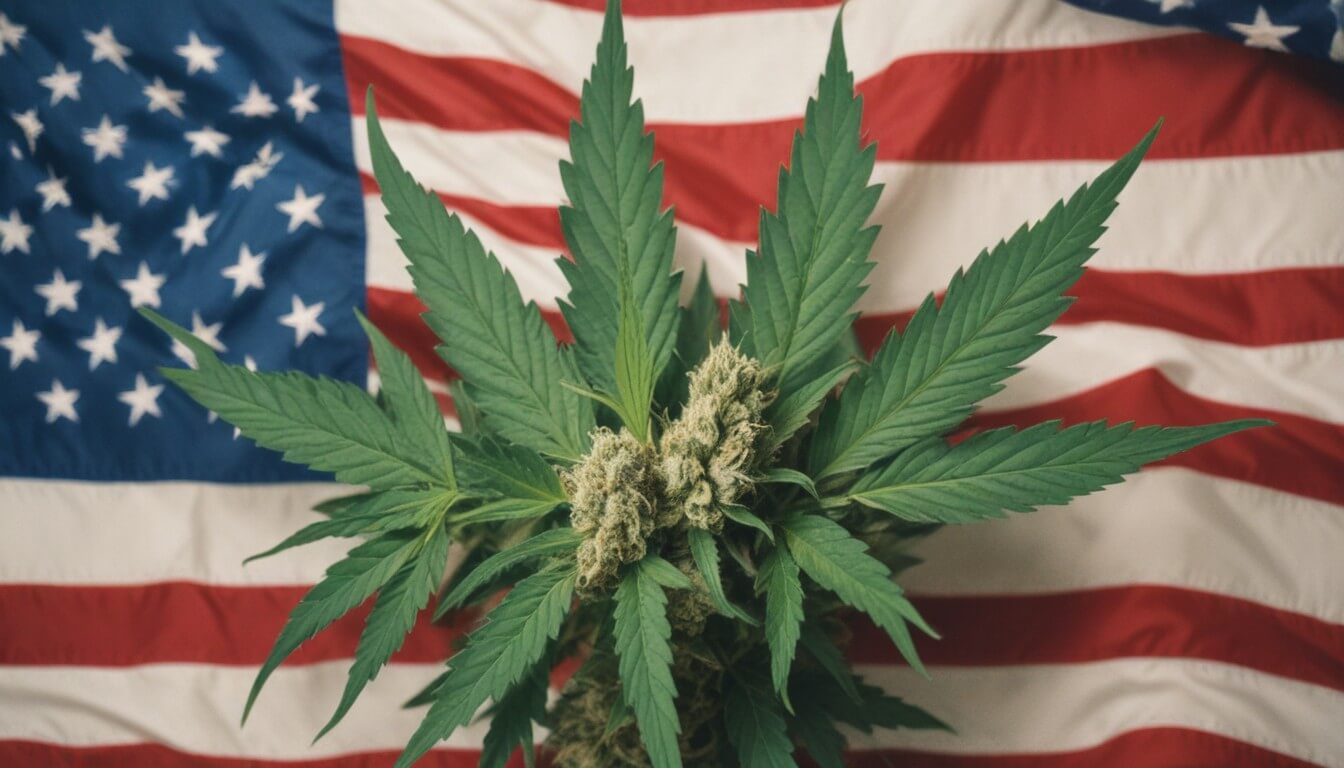Is THCa federally legal in the United States? That’s what many are wondering after seeing the recent flood of THCa items that when decarbed, will get you just as high as recreational marijuana. And that’s because it is! When left raw, cannabis flower will pretty much not have any intoxicating effects — there is a reason we add heat to cannabis flower when consuming it after all. So, can those living in states where recreational marijuana is illegal buy legal THCa products, or are they playing a dangerous game?
THCA’s Legal Status Under Federal Law
*Before we begin, please note there is a slight difference in restrictions between THCa products and THCa cannabinoids on living plants. THCa products are most likely federally legal as long as they have no more than 0.3% delta-9 THC. However, cannabis plants must be tested as far out as 30 days before harvest for total THC content (which includes THCa in this). To keep things simple, we are focusing more so on whether THCa products are legal, as it gets more complicated with potentially much greater repercussions when growing at home.*
Decarboxylation
While there are over 100 cannabinoids and even more when you separate individual cannabinoids based on whether they have a carboxyl group (-cooh) or have undergone decarboxylation, only delta-9 THC is limited thanks to the 2018 Farm Bill.
When a cannabinoid has its carboxyl group still attached to it, it gives them a structure that makes it very hard for them to interact with CB1 receptors. Which need to be overstimulated to trigger the psychoactive intoxicating high we associate with marijuana. There are other intoxicating cannabinoids, but due to their abundance, delta-9 THC is the heavy hitter, and that puts focus on cannabis’s legality solely on it.
What the DEA says
Now, the DEA has argued that all THC cannabinoids are limited to the 0.3% rule outlined in the Farm Bill. But all one has to do is look at the language in the bill, and it’s clear to legal experts that THCa products are federally legal in any amount. In the same letter dated June 9, 2023, the DEA says HHC cannabinoids aren’t naturally occurring, despite three years before in 2020, the de Las Heras group discovering HHC naturally when studying seeds.
Factors Influencing THCA’s Legal Interpretation
Thanks to the 2018 farm, a sort of loophole was opened. Legally, it’s very hard to say the degree of this loophole. However, I think it’s safe to say we are working in a grey area with a cannabinoid like THCa, that is completely non-intoxicating one second, then very intoxicating the next. And all you need to do is just add heat. Which can easily be done with a lighter, vaping rig, slow cooking for edibles, etc.
Now, so far, we have just focused on THCa products on a federal level, and while many states follow that law exactly, some states have moved forward, following the DEA’s advice that all THC cannabinoid products should be limited to 0.3%.
Please confirm that THCa is legal in your state before consuming an item with it. That goes even if you don’t plan to decarb it, which I know many of you will. In regards to growing, there are ways around the total THC rule, however, I can’t in good faith suggest you try them.

Implications for Consumers and Businesses
While many legal experts agree that THCa is legal on a federal level, law enforcement says otherwise and businesses will need to proceed with extreme caution if they plan to sell recreational THCa flower and other products in non-recreational states. I.e., lawyer up! Dispensaries will need to be even more cautious by carefully growing strains that don’t put out a lot of THCa cannabinoids until late into flowering.
For both consumers and businesses, it’s important to understand that while THCa products are very likely legal in any amount on a federal level, this might not stay the case. The Farm Bill is due for renewal, and language regarding THC cannabinoids may change. How soon that will come is hard to say with the election cycle putting it on the sidelines for now.
To conclude
Like many aspects of cannabis, THCa lives in a legal grey area. While THCa-rich products containing no more than 0.3% delta 9 THC are likely legal federally, lawmakers are aware of the loopholes the 2018 Farm Bill opened up, allowing intoxicating cannabis items to legally hit store shelves. So, this begs the question. If I lived in a state that bans recreational cannabis use and went to buy 20% THCa marijuana flower from my local dispensary — a flower that’s identical to marijuana flower so many buy from black market dealers — will I get in trouble? If so, is it before or after I convert that THCa into THC with my vape rig? Honestly, it’s tricky to say, and everyone from a judge to prosecutors to your lawyer will influence that. It is slightly easier for me to say that, if you don’t live in a legal-to-grow state, you are probably playing just as dangerous of a game growing cannabis plants pre vs. post-Farm Bill.





